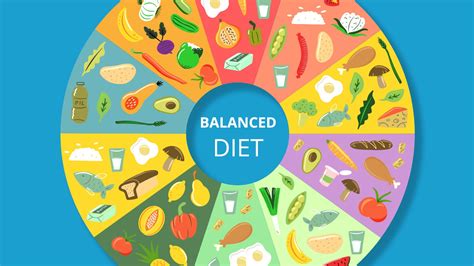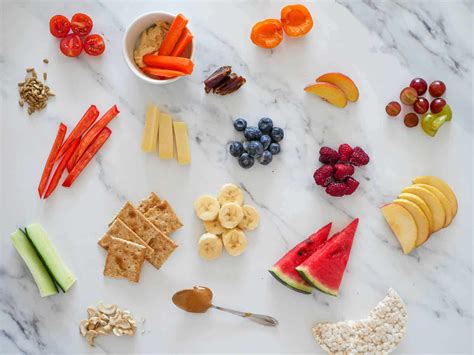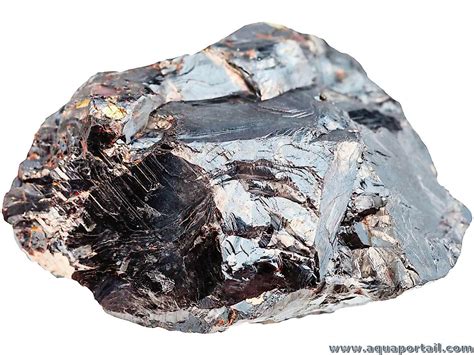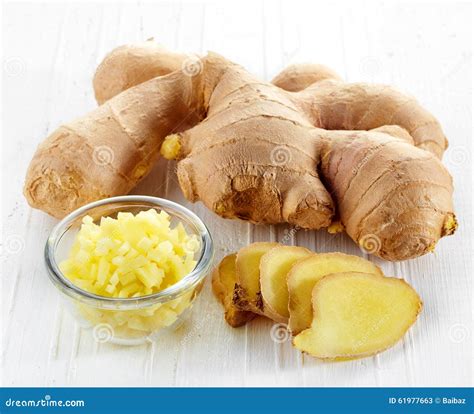Diet for testosterone: What foods naturally boost men’s hormone levels?

Understanding Testosterone and Diet
Testosterone is a vital hormone in men, playing a crucial role in muscle mass, bone density, mood, energy levels, and sex drive. While aging naturally brings a gradual decline in testosterone, lifestyle factors, particularly diet, can significantly impact its production and overall levels. This article explores the foods that can naturally support and boost testosterone, helping men maintain optimal hormone balance.

Essential Nutrients for Testosterone Production
Optimal testosterone synthesis relies on a steady supply of specific vitamins and minerals. Ensuring these are present in your diet is the first step towards naturally boosting your levels.
Zinc: The Mineral Powerhouse
Zinc is paramount for testosterone production. Studies show that even mild zinc deficiency can lead to lower testosterone. Foods rich in zinc include oysters, red meat (beef, lamb), poultry, beans, nuts (cashews, almonds), and pumpkin seeds.
Vitamin D: The Sunshine Vitamin
Often referred to as a pro-hormone, Vitamin D is directly linked to testosterone levels. While sunlight is the primary source, dietary sources like fatty fish (salmon, mackerel), fortified milk, and egg yolks can contribute significantly.
Magnesium: Muscle and Hormone Support
Magnesium plays a role in numerous bodily functions, including muscle function and testosterone regulation. It helps reduce oxidative stress and can increase free testosterone levels. Incorporate leafy greens (spinach, kale), nuts (almonds, Brazil nuts), seeds (pumpkin, chia), and whole grains into your diet.

Top Foods to Naturally Boost Testosterone
Beyond individual nutrients, certain foods offer a synergistic blend of components that collectively support healthy testosterone levels.
Fatty Fish (Salmon, Tuna, Mackerel)
These fish are excellent sources of Vitamin D and Omega-3 fatty acids. Omega-3s are known to reduce inflammation, which can indirectly support hormone health. Regular consumption can positively impact testosterone levels.
Eggs
Often demonized, egg yolks are rich in Vitamin D, cholesterol (a precursor to testosterone), and healthy fats. Whole eggs provide a complete protein source and essential nutrients vital for hormone synthesis.
Oysters and Other Shellfish
Oysters are legendary for their aphrodisiac qualities, partly due to their exceptionally high zinc content. Other shellfish like crab and lobster also provide good amounts of zinc and other trace minerals.
Lean Beef and Other Red Meats
While moderation is key, lean cuts of beef are packed with protein, zinc, and Vitamin D. These nutrients are crucial for both muscle building and hormone production. Opt for grass-fed varieties when possible for a better nutrient profile.

Cruciferous Vegetables (Broccoli, Cabbage, Cauliflower)
These vegetables contain indole-3-carbinol (I3C), a compound that helps the body metabolize estrogen more efficiently. By potentially reducing estrogen levels, I3C can help maintain a healthier testosterone-to-estrogen ratio.
Ginger
Some studies, primarily in animal models, suggest ginger may have positive effects on testosterone levels due to its antioxidant and anti-inflammatory properties. Adding fresh ginger to your cooking or teas is a simple way to incorporate it.
Berries and Citrus Fruits
Rich in antioxidants and Vitamin C, these fruits help protect cells from damage, including those involved in hormone production. Vitamin C also plays a role in reducing cortisol, a stress hormone that can negatively impact testosterone.

Foods to Limit or Avoid for Optimal Testosterone
Just as some foods boost testosterone, others can potentially hinder its production. Limiting or avoiding these can further support your hormonal health.
- Processed Foods and Sugary Drinks: High sugar intake can lead to insulin resistance, which is linked to lower testosterone.
- Excessive Alcohol: Chronic heavy alcohol consumption is known to disrupt hormone balance.
- Certain Vegetable Oils (high in polyunsaturated fats): While not all are bad, some highly processed vegetable oils can contribute to inflammation if consumed in excess.

Beyond Diet: A Holistic Approach
While diet is a powerful tool, it’s part of a larger picture. Regular exercise (especially strength training), adequate sleep, stress management, and maintaining a healthy weight are equally crucial for optimizing testosterone levels. Always consult a healthcare professional before making significant dietary changes, especially if you suspect a hormone imbalance.








